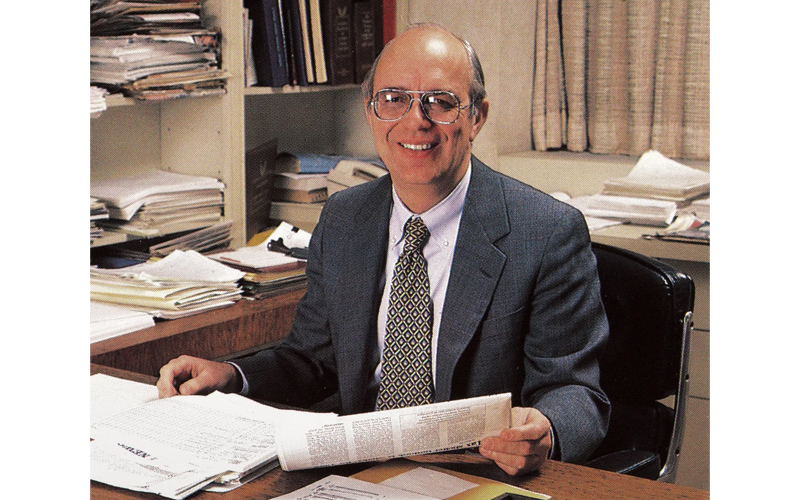Danbury Mint Philanthropy
OUR MISSION
Look good. Feel good. Do good.
Look good with stunning jewelry. Each piece has a special meaning that will make you feel good. And most importantly, do good. We’ve funded over $150 million dollars of mental illness research and are committed to the continued fight to help the 12.8 million Americans living with a severe mental illness.
JOIN US
Ted Stanley, the founder of the Danbury Mint, “will end up being the single most important figure in bringing psychiatric disease into the modern molecular and genetic age” according to Dr. Eric S. Lander, the founding director of the Harvard and M.I.T Broad Institute. Now, the Stanley Family Foundation, the majority shareholder of our company, is a preeminent charitable organization funding research to reduce the burden of serious mental illness. Now, you can join Ted, and all of us at the Danbury Mint, in this important fight. Shop Now!
The Stanley Family Foundation is the majority shareholder of our company. This charitable organization funds research that would reduce the burden of serious mental illness. Top scientists in the field of genetics and neurobiology rely on the funding from The Stanley Family Foundation to finance their research. For further inquiry, contact us at SFF@mbi-inc.com.
TARGETING A CURE FOR MENTAL ILLNESS
In 2007, Ted Stanley was contacted by Ed Scolnick, a researcher at the MIT-Harvard Broad Institute, looking for funding for a small project regarding psychiatric research. Stanley wanted to do something far bigger. Having dealt with psychiatric disorders in his personal life after his son was diagnosed with bipolar disorder, he knew he wanted to help as many patients as possible. Stanley’s son, Jonathan, had responded well to his treatment and went on to become a successful lawyer. Understanding not everyone responds the same to treatment, Stanley wanted others to have the same kind of success that his son had, thus donating $100 million to create the Stanley Center for Psychiatric Research at the Broad Institute.
After the creation of the Stanley Center for Psychiatric Research, Stanley would donate another $50 million to the organization and pledge $800 million to be donated after his death, telling the New York Times, “After I’m gone I just want the money to flow to them as it would if I was still alive.”
Although Stanley’s gift to psychiatric research helps advance scientific discovery, there is more investment to be made before we see significant impact in this industry. The Stanley Center for Psychiatric Research is committed to contributing to new understandings of pathogenesis, the identification of biomarkers, and above all, new treatments of psychiatric disease.














